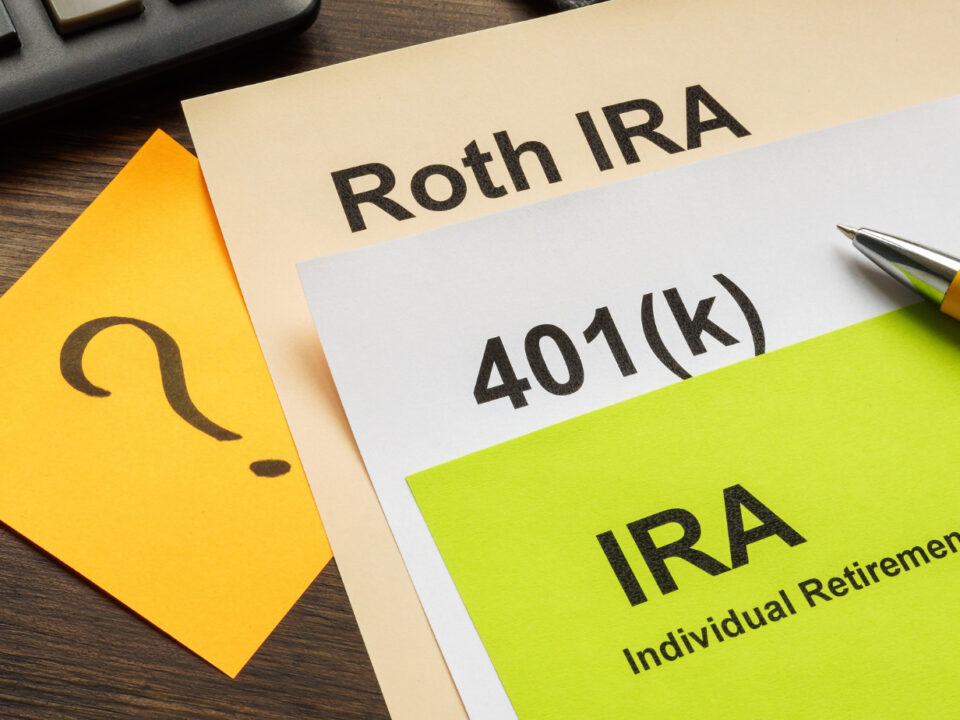- EXPERIENCED LAW FIRM IN TOLEDO, OH
- (419) 662-3100
Worried About Medicaid Taking Your House in Ohio?

Lucas County Probate Process Explained
July 7, 2025
What Happens If a New Will Is Found After Probate in Ohio?
September 5, 2025Medicaid Estate Recovery
Medicaid is often the safety net that makes long-term care affordable, but in Ohio, there’s a catch… Once you pass away, the state may try to collect repayment from your estate. This process, known as Medicaid Estate Recovery, can put your family’s home, savings, or other assets at risk.
By planning wisely, you can protect your legacy. Ohio law offers various legal tools that, when properly used, make sure your estate remains in your family’s control rather than passing to the state.
What Medicaid Estate Recovery Really Means
In Ohio, Medicaid can also come back to claim repayment after you pass away. If you received Medicaid for nursing home or in-home services after age 55, the state may seek reimbursement from your estate. Unlike some states, Ohio casts a wide net, targeting more than just probate assets.
To break it down simply…
- Who’s Affected: Anyone 55 or older who received Medicaid-funded long-term care or home services.
- How It Works: The Ohio Attorney General can file claims against your estate after death for the cost of care.
- Broad Definition of Estate: Recovery isn’t limited to probate. Assets, such as joint accounts or homes with transfer-on-death designations, may still be targeted.
- Built-In Protections: Claims are delayed while a spouse is living, barred entirely if you leave a child under 21 or a permanently disabled child, and may be blocked if a caretaker child or sibling meets strict qualifications.
Why Probate and Titling Matter
Probate is often the easiest route for recovering Medicaid funds. If an asset ends up in probate, the state files as a creditor and gets paid before heirs receive anything. That’s why avoiding probate is often the first step.
Tools like transfer-on-death (TOD) designations can make a huge difference. In Ohio, you can add TOD instructions to your house, bank accounts, and even vehicles. You retain full ownership and control throughout your life, and upon your passing, the asset transfers instantly to your chosen beneficiary without the need for probate. In many cases, that means Medicaid never touches it.
Ohio law technically allows recovery from non-probate assets. However, TOD designations, payable-on-death accounts, and joint ownership still put your family in a stronger position to protect what’s theirs.
Trusts and Life Estates
For families with time to plan, irrevocable trusts (often referred to as Medicaid Asset Protection Trusts) are the gold standard. By moving assets like your home into a properly drafted trust, you take them out of your estate for Medicaid purposes. After five years, those assets are no longer counted for eligibility and can’t be claimed in estate recovery. You give up some control, but you gain peace of mind knowing your home is secure.
A simpler option is a life estate deed, allowing you to transfer your house to your children now while living there for life. After you pass, ownership automatically goes to them, avoiding probate and Medicaid recovery. Ohio doesn’t use Lady Bird deeds, but life estates and TOD affidavits offer similar protection if set up early enough for Medicaid’s five-year look-back.
Both strategies preserve the family home while allowing you to live comfortably. The sooner these measures are put in place, the more effective they will be.
When Care Can’t Wait
What if you don’t have five years to plan? That’s where Medicaid-compliant annuities come into play. These financial products convert excess savings into a steady stream of income for a spouse, as permitted by Medicaid rules. The healthy spouse benefits from additional income, and the nursing-home spouse can qualify sooner.
Another option, though riskier, is gifting. If done more than five years before you apply for Medicaid, gifts can remove assets from your estate entirely. But gifts made inside the look-back window trigger penalties and could jeopardize eligibility.
That’s why families who are already facing a nursing home placement should always seek professional advice before moving assets around.
Why You Need a Guide Through the Maze
Medicaid recovery is complicated, and Ohio’s rules are stricter than those of many other states. What works for a friend in Michigan or Florida may not protect you here. Worse still, simple mistakes can create tax problems or even lead to legal repercussions.
An experienced elder law attorney can help create a plan custom-made to your family’s needs. They review your powers of attorney, help set up trusts or deeds, and explain Medicaid’s rules. Their guidance ensures your plan is legally sound and effective.
Protect What You’ve Built
You’ve spent a lifetime building your home, your savings, and your family’s security. Don’t let Medicaid undo that work. With careful planning, you can make sure your legacy stays where it belongs: with your loved ones.
We’ve helped countless Ohio families protect their estates from Medicaid recovery. We know the rules, we know the pitfalls, and we know how to create airtight plans that work. If you’re thinking about long-term care or just want to make sure your estate is safe, now is the time to act.
If you need help, please don’t hesitate to call or send us a message.









